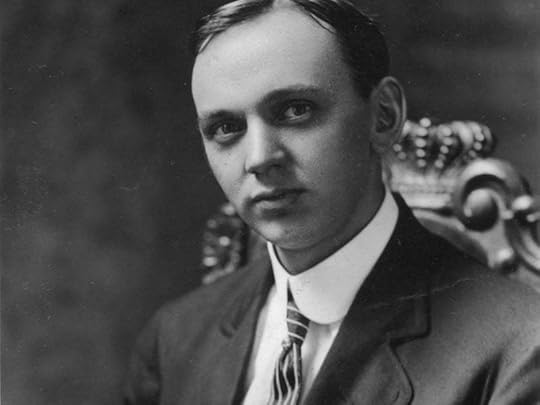What do you think?
Rate this book


304 pages, Mass Market Paperback
First published January 1, 1967

He was little more than seven or eight, when he reported a clairvoyant experience which was to eventually shape the direction of his life. Off by himself, in a secluded outdoor nook, he had been reading in the Bible of the vision of Manoah, for he loved clearly the story of Samson. Suddenly there was a humming sound, and a bright light filled the glade where he usually hid to read. As he looked up, he saw a figure in white, bright as the noonday light, and heard a voice:
"Your prayers have been heard. What would you ask of me, that I may give to you?"
The boy was not startled. "Just that I may be helpful to others," he replied, "especially to children who are ill, and that I may love my fellow man."
The figure silently disappeared. pg. 26-7